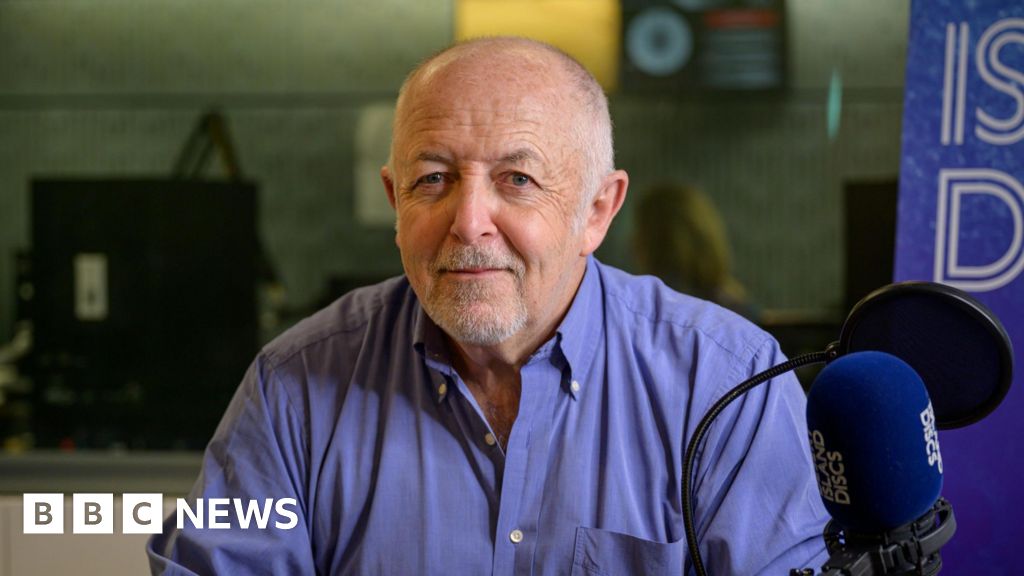This website uses cookies so that we can provide you with the best user experience possible. Cookie information is stored in your browser and performs functions such as recognising you when you return to our website and helping our team to understand which sections of the website you find most interesting and useful.

From his first war coverage in El Salvador in 1989, he remembered feeling somewhat invincible.
"It's was so vivid," he said. "Like being in my own war movie."
Upon first hearing "shots fired in anger", he said he did not really know what they were.
"They were near me," he said. "I think I was very excited."
Reporting from a war zone is very different now because of social media and the internet, he said.
"I think it's made journalists themselves more exposed, it's more dangerous," he explained, saying "unscrupulous" actors can now try to "influence" by killing reporters.
"You certainly get a lot of publicity and I think when I started it was much easier to be seen as a non-combatant," he said. "In El Salvador we used to wave white flags and people would stop shooting and let us cross the road."



 Africana55 Radio
Africana55 Radio 
